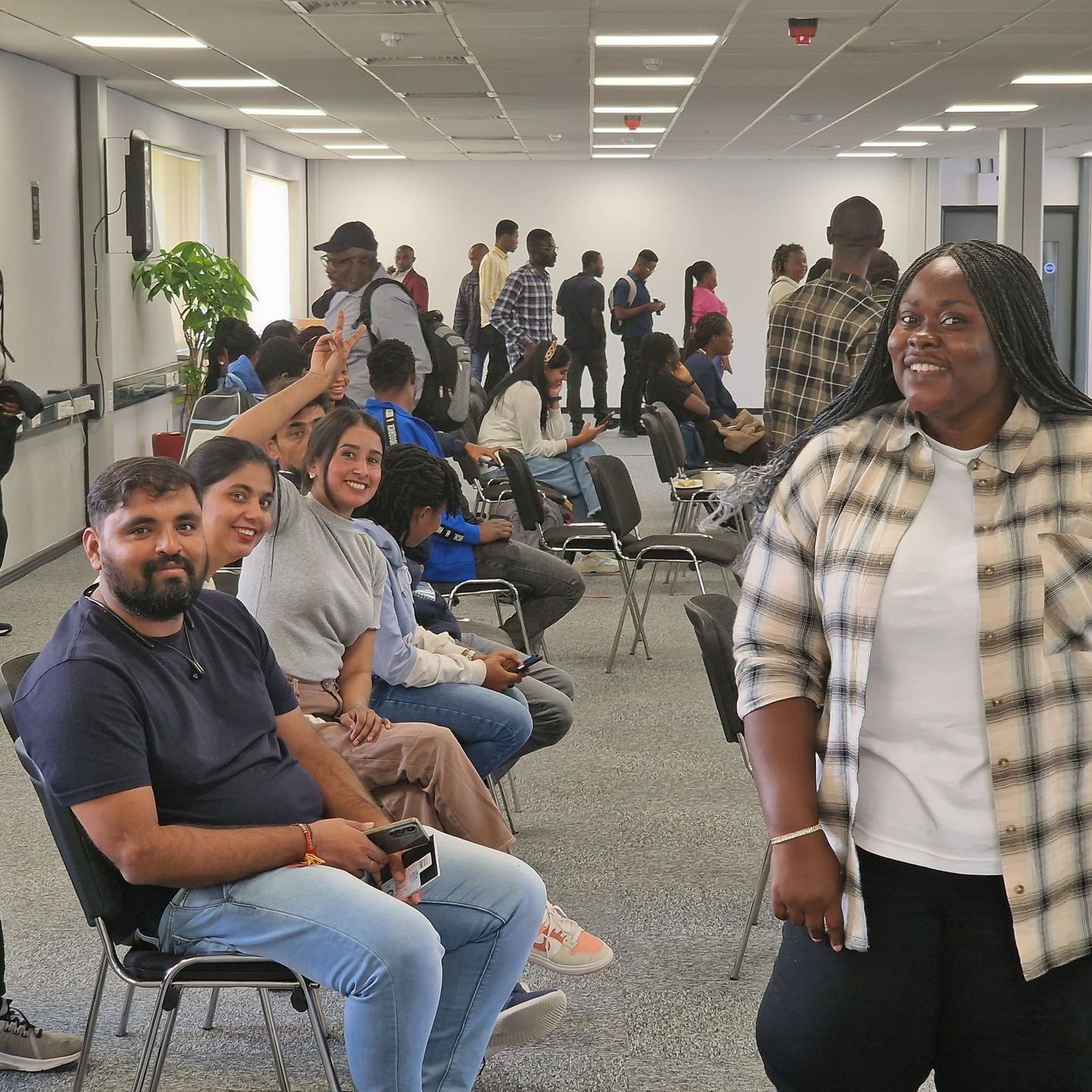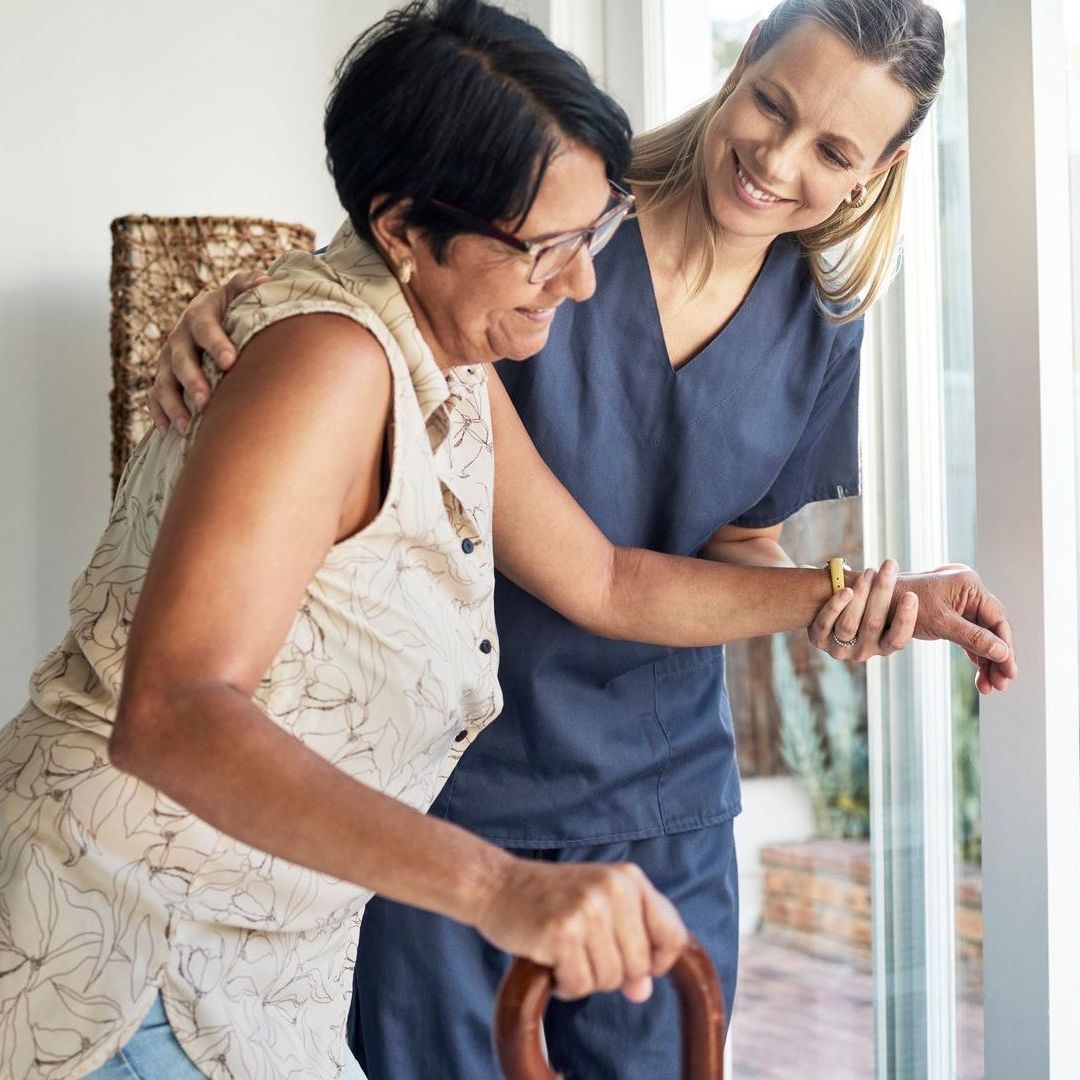Caring for children (0 - 18yrs)
Supported living for individuals aged 0-18 years encompasses a range of services aimed at providing essential care and assistance to children and adolescents facing various challenges. This can include physical disabilities, cognitive impairments, emotional difficulties, or behavioural disorders, which may necessitate extra support beyond what a typical living environment can provide. Supported care helps create a nurturing and secure space where they can flourish and develop to their fullest potential. We offer welfare visits for looked after children where we escort these children to play groups, host family meetings and draft visit reports to send to designated social workers.
Education and skill development are central components of supported living. Ensuring access to appropriate educational settings and the acquisition of life skills are essential on a path towards greater independence as they mature. Moreover, emotional and social support are critical during this period of growth. Programs often include counselling, therapy, and social activities to facilitate relationship-building and emotional resilience.
As these young individuals approach adulthood, supported living arrangements frequently incorporate transition planning. This planning helps them smoothly navigate the shift towards more independent living situations or other suitable care settings. Throughout this journey, advocacy plays a crucial role. Parents, caregivers, or dedicated professionals often advocate on behalf of these individuals to ensure their rights are upheld, and they receive the necessary services and resources to lead fulfilling lives.
Caring for adults (18 - 25 yrs)
We are committed to providing support that we would like to receive ourselves. We provide independent, shared and 24-hour supported living accommodation. Our high-quality, fully furnished properties provide the ideal setting for young people to develop their independent living skills. We also provide step-down accommodation specific to young people transitioning to independent living.
We work closely with social workers and personal advisors, engaging in joint reviews to find better ways of supporting the individual while working in conjunction with their pathway plan. We offer counselling support and a range of therapies, helping care leavers and young people overcome difficulties they have experienced. These personalised services develop self-confidence and self-esteem within the individuals we support. We also offer support with benefits, further education and employment. This helps them live independent, sustainable lives.
We aim to ensure young people can develop and maintain respect, self-reliance and self-care skills and enable them to make informed, age-appropriate decisions concerning their present and future so they can achieve a successful transition into independence and adulthood. Services offered are based on an assessment of the young person’s physical, emotional and cultural needs with life skill programmes and support with daily tasks such as household chores, personal assistance, housing-related tasks, finances and grocery shopping.
Who we provide services for:
The young people we accommodate, and support have varying needs which may include:
- Attention deficit disorder
- Mental health issues
- Challenging behaviour
- Drug and alcohol misuse
- Self-harming behaviours
- Gang involvement
- Criminal behaviour
- Low level sexualised behaviour
- Attachment disorders
Caring for adults (25-65 yrs)
Supportive living tailored to individuals aged 25-65 encompasses a dynamic range of strategies to cater to diverse challenges. Whether facing disabilities, chronic health conditions, or recovering from injuries, this approach seeks to strike a harmonious equilibrium between providing essential aid and enhancing individual empowerment. Customised care plans are at the heart of this approach, meticulously designed to meet each person's unique needs and aspirations, ensuring they receive precise support services, medical care, therapeutic interventions, and resources required for a fulfilling life.
This supportive living model extends beyond physical assistance. It embraces emotional well-being through social interaction, recreational opportunities, and mental health support. Acknowledging the importance of skill development, vocational training endeavours empower individuals to acquire essential competencies, enhancing their employability and self-sufficiency. The integration of healthcare services, tailored assistance, and accessible living spaces further reinforces the aim of promoting independence, dignity, and a sense of belonging.
Throughout this journey, supportive living remains committed to individual advocacy, ensuring rights are upheld and voices are heard. As adults within this age range navigate life's complexities, they are empowered to chart their path, balancing their independence with the support they need to thrive.
Caring for adults over 65 yrs
Our live-in care is a personalised form of caregiving designed to enable elderly individuals to remain in the familiar comfort of their own homes while receiving comprehensive care. With this type of care, one of our dedicated live-in carers resides with the elderly resident, offering tailored assistance based on their specific needs.
The role of our live-in carer for the elderly goes beyond providing essential support; it also encompasses companionship and friendship. Alongside assisting with daily tasks such as shopping, cooking, and cleaning, the carer ensures a nurturing environment where the client feels comfortable, secure, and well-cared for in their beloved home.
One significant concern for those in need of help, especially the elderly, is the fear of losing their independence. However, with a live-in carer, patients can maintain their independence and keep their dignity intact while receiving the necessary support whenever and wherever it is required. This unique caregiving approach provides a sense of reassurance and empowerment, allowing elderly patients to age gracefully in the place they are comfortable and are happy to call home.














